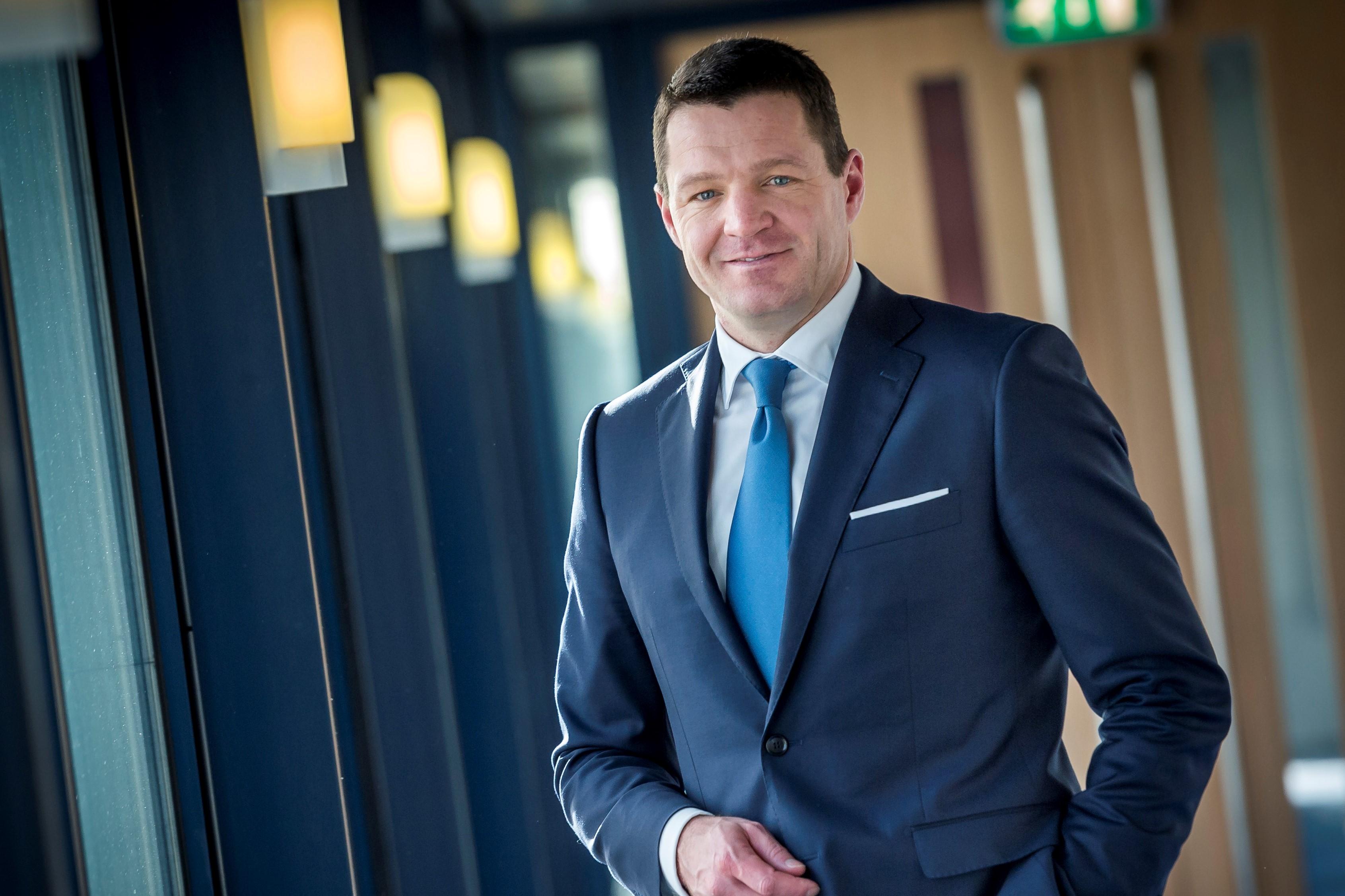Routes Reconnected: Hub structure will be key to recovery, KLM CEO says

Network airlines with efficient hub structures will be central to the aviation industry’s recovery and lead the rebuild of long-haul traffic, according to KLM CEO Pieter Elbers.
Speaking during a keynote interview as part of the Routes Reconnected 2020 conference program, he dismissed the suggestion that a rethink of the hub-and-spoke model might be necessary, believing that connecting traffic will return strongly once COVID-19 vaccines are available and passenger confidence returns.
Elbers explained that pre-pandemic point-to-point services to secondary long-haul markets would likely prove uneconomical over the coming years.
“Looking at the long-haul side, a lot of the thinner routes between midsize European cities and midsize US cities were established over the past few years—which were good economic years with solid demand,” he said.
“Obviously with the step back we are taking now, those routes can no longer sustain direct flights. Traffic is therefore going to be channelled through hubs. Within Europe it may be a bit different… but I believe that hub and spoke will lead that recovery trajectory.”
Elbers said that KLM operated between 60 and 70 long-haul destinations before the coronavirus outbreak and has resumed about 70%, including restarting services from its Amsterdam Schiphol (AMS) hub to Chengdu (CTU) and Beijing Capital (PEK) in China.
He added that the SkyTeam alliance member would “fly wherever we can fly” when it comes to rebuilding its long-haul network—although some routes remain cargo-only, and flight frequencies would remain lower for some time.
Across KLM’s European network, the carrier served 80 to 90 destinations before the COVID-19 crisis and has restored about 90% of those destinations. However, capacity remains around 40 to 50% of pre-pandemic levels.
Although Elbers admitted that KLM is braced for “a pretty cold winter,” he said there has been cause for optimism in recent weeks given the positive news about coronavirus vaccines.
“We need to we need to see how the Christmas break goes,” he said. “Clearly it will be very slow and very weak compared to pre-COVID, but at least it will be better than we had in November. I hope that after Christmas we can start building on the momentum we will see in the next couple of weeks.”
Elbers added that KLM plans to “step up capacity” on its long-haul network, mostly to places where the airline can connect to the networks of its partners. He also explained that the carrier’s approach to network planning would be “more agile, quicker and with more trial and error” than before the crisis began.
Photo credit: KLM





